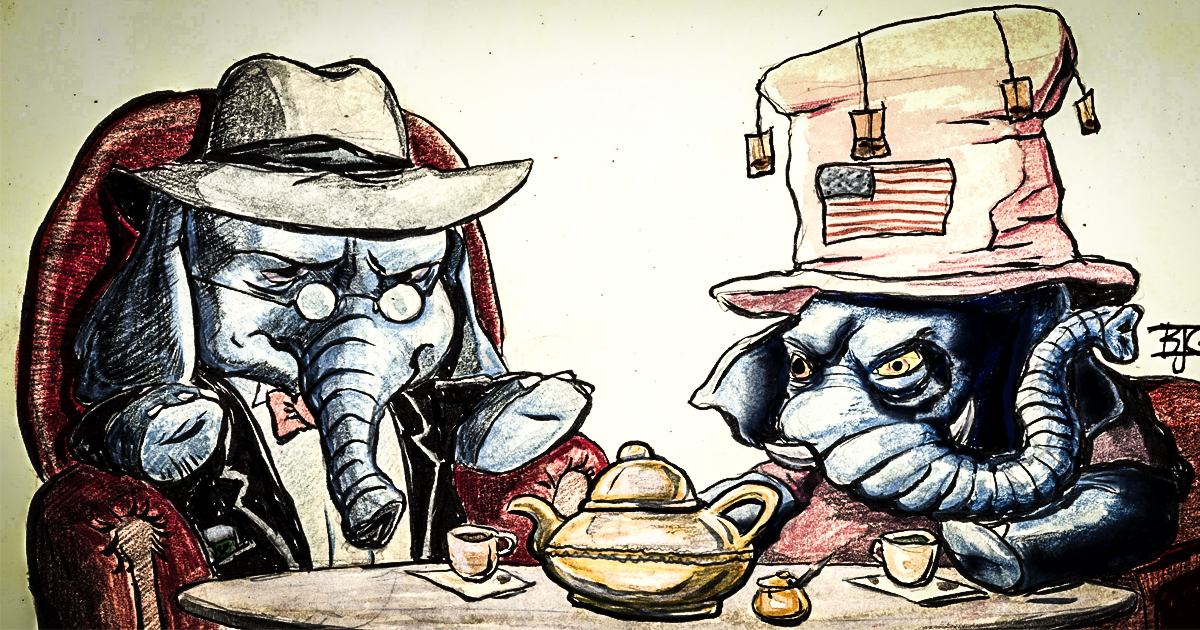There are “scientific” consulting firms that are hired by the makers of such products to “help . . . deal with scientific questions about the safety or health consequences of their products.” In short, they produce fraud science asserting that dangerous products are safe.
There are a few firms, but among the worst is the Weinberg Group. Weinberg has been hired by DuPont, the tobacco industry, makers of Agent Orange, and makers of asbestos to “develop legal defense campaigns, ostensibly based on science, to sway juries during trials, to counteract potential regulatory oversight, and to influence [public opinion] about the health effects of products,” reported Environmental Science & Technology Online News (ES&T).
A 2003 letter that was confirmed to authenticate a relationship between Weinberg and DuPont illustrates Weinberg’s practice of falsifying science and purchase of scientific opinion.
P. Terrence Gaffney, Esq., VP of Product Defense at Weinberg, wrote Jane Brooks, VP of Special Initiatives at DuPont, to explain to her how his company will purchase scientific opinion to avoid regulation and legal action concerning DuPont’s perfluorochemicals (PFCs), a heat resistant chemical found in fabrics, teflon, and food wrappers and containers.
The problem with PFCs, like C8 for instance, is that they’ve been linked to testicular cancer, kidney cancer, gastrointestinal disease, and birth defects.
In what’s essentially a sales pitch, as ES&T puts it, Gaffney explains to Brooks that Weinberg will help DuPont “shape the debate at all levels” as it has helped clients in the past win public appeal, avoid regulation, and dodge litigation. One such “success” Gaffney boasts is helping protect Agent Orange in 1983.
Rather than using science to develop honest analyses of products, Weinberg’s aim is to create a “scientific defense strategy” with the ultimate goal of protecting their client’s “revenue stream,” according to the letter. This goal is reached via a step-by-step process followed by Weinberg to ensure their falsified, purchased science has the desired effect. Some of the tactics include:
- develop aggressive campaigns focusing on a chemical’s “safety”
- “reshape the debate” by creating a study that would not only downplay dangers, but insist that these chemicals are safe
- publish papers of “junk science” supporting the chemicals
One of the largest projects taken on by Weinberg was helping the tobacco industry in the 1990s, reported ES&T. Weinberg consultants were asserting that second-hand smoke is safe, and also said that it’s not harmful to children. Weinberg used the same protocol with Big Tobacco that it did with DuPont, and probably its other clients.
“Basically, the tobacco companies set up this huge sub rosa network of scientists and experts around the world who were paid through the tobacco lawyers to give lectures contesting the evidence on secondhand smoke – to show up at hearings; to, in some cases, lobby; to publish articles,” said Stanton Glantz, professor of medicine at the University of California, who has followed and written extensively about the tobacco industry.
Weinberg is a company that buys falsified, tailor-made science for the sole purpose of driving the profit margins of itself and companies that produce dangerous products. Because companies like Weinberg exist, companies are able to circumvent regulation and avoid rightful litigation, ultimately dodging any sense of accountability for the lives they harm and destroy. They are the machine that perpetuates the evil corporation.
“The whole scientific enterprise is being distorted by these corporate interests,” said Glantz. “That’s why it is so important that we have a healthy academic community, to be a voice that isn’t being controlled.”
Josh is a writer and researcher with Ring of Fire. Follow him on Twitter @dnJdeli.

